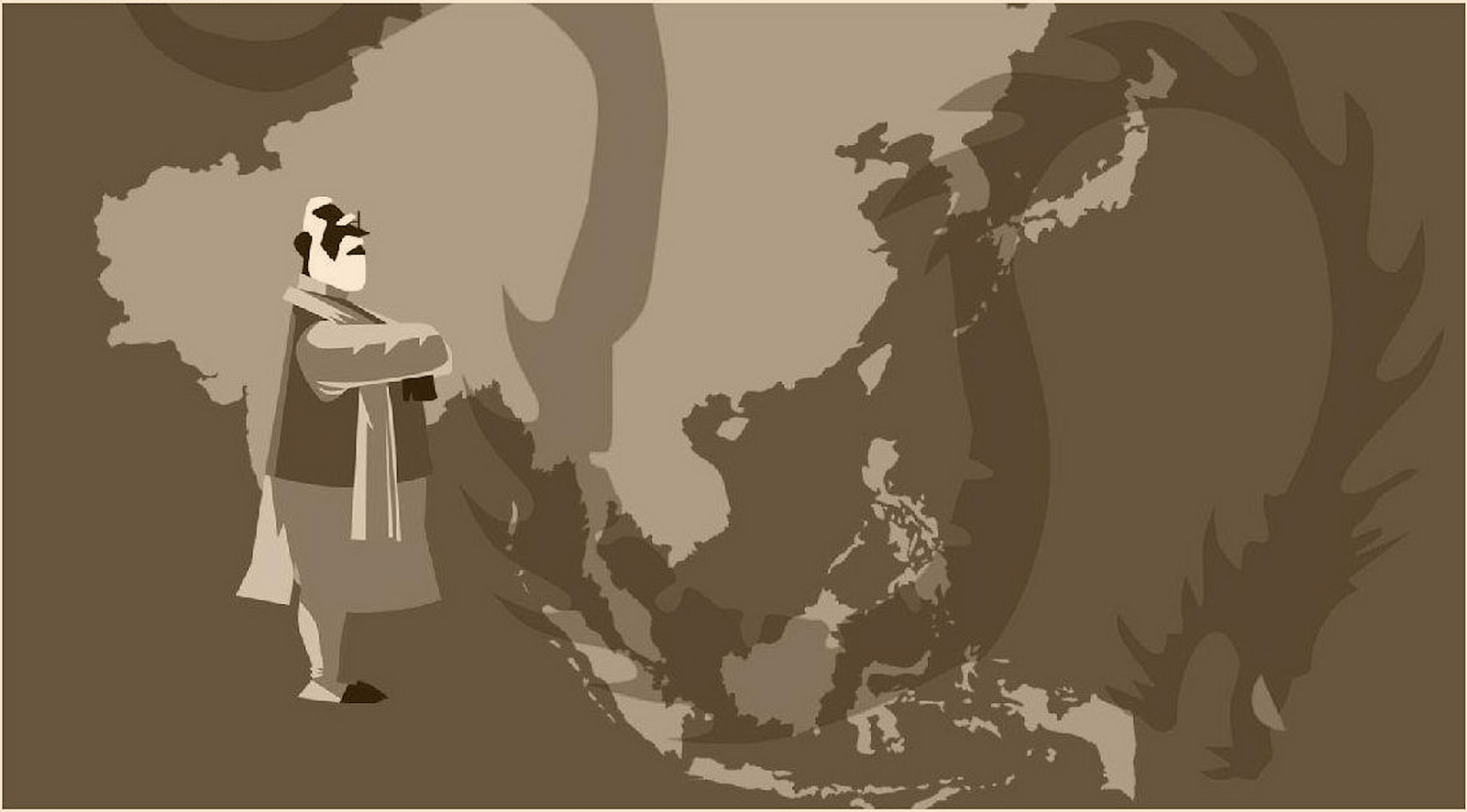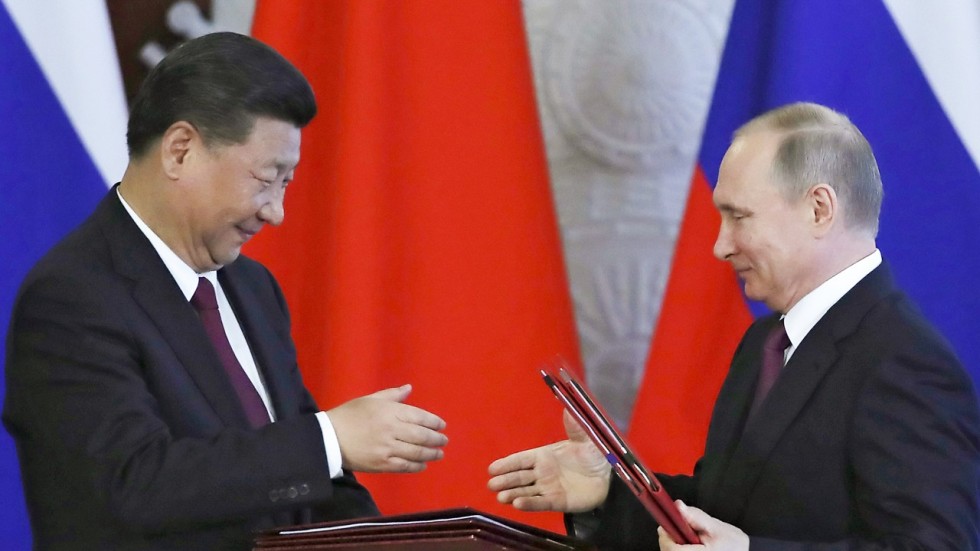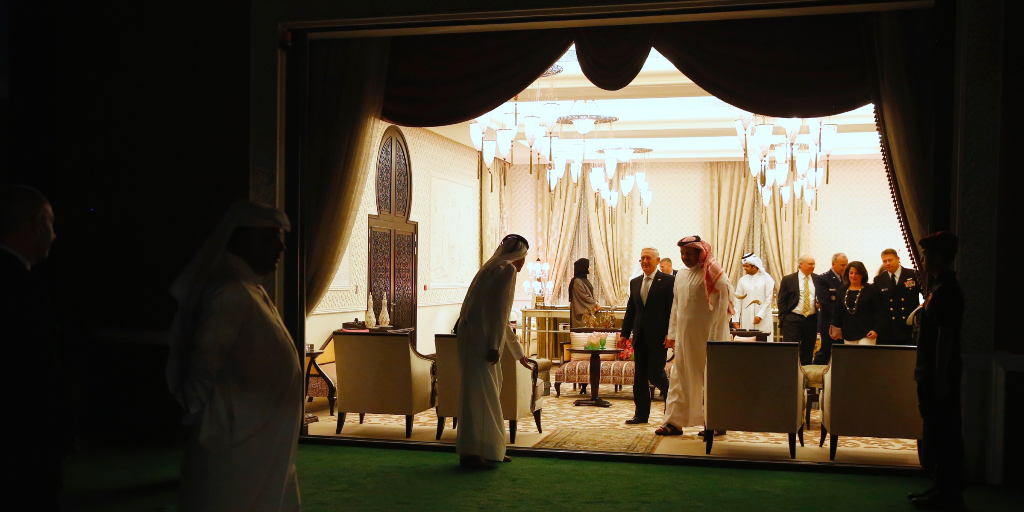Nitin Pai
 I write this after the president of the Maldives has arrested judges of the Supreme Court instead of following its orders to release all political prisoners arrested under trumped up charges. It’s only the latest turn in a drama that started exactly six years ago when the country’s first democratically elected pro-India president was ousted in a coup. Among others, his successor repudiated an airport development contract that had been awarded to an Indian company. The $270 million in damages that international arbiters forced the Maldives to pay was financed through funds injected by Chinese and Saudi investors.
I write this after the president of the Maldives has arrested judges of the Supreme Court instead of following its orders to release all political prisoners arrested under trumped up charges. It’s only the latest turn in a drama that started exactly six years ago when the country’s first democratically elected pro-India president was ousted in a coup. Among others, his successor repudiated an airport development contract that had been awarded to an Indian company. The $270 million in damages that international arbiters forced the Maldives to pay was financed through funds injected by Chinese and Saudi investors.






/arc-anglerfish-arc2-prod-mco.s3.amazonaws.com/public/DPRGRR4CP5C4HGLOGEHQCKS2CE.jpg)
/38.51341656249996,34.94628755240654,5/421x337.png?access_token=pk.eyJ1IjoiZGFsdG9ud2IiLCJhIjoiOWdSSXFQSSJ9.HZyjh4g3TAAOAncwelv9Vw)



